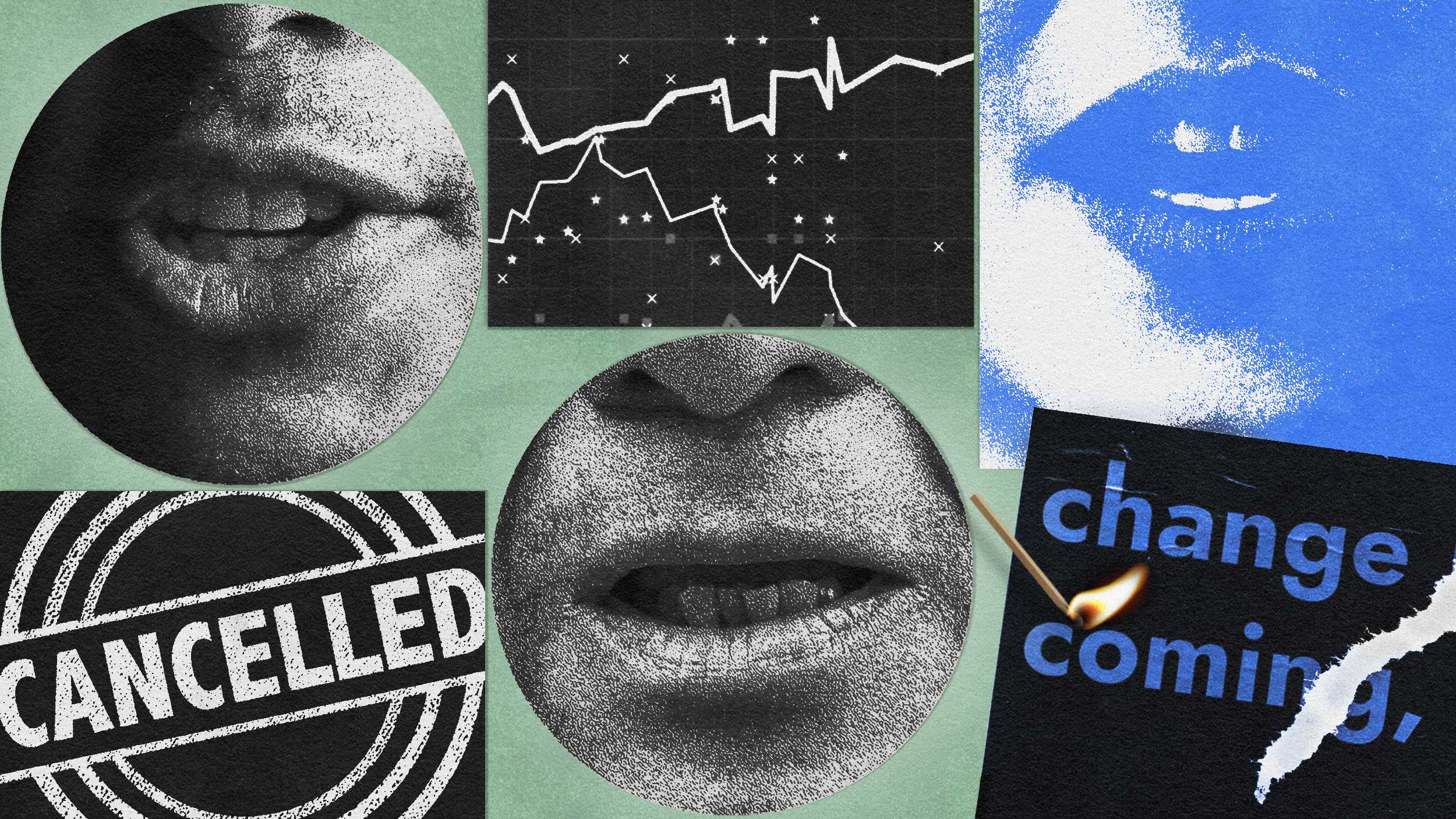Strossen worries about disproportionate drug penalties and the disproportionate effect they have on minority communities.
Nadine Strossen: I would say the whole criminal justice system and the extent to which it has been bogged down by this endless, so called war on drugs which is still… we still have a mandatory minimums that are much too high. We still are incarcerating people who are not victimizing anybody else directly, who are committing non-violent offenses of possession and it is having an enormously disproportionately adverse impact on racial minority communities in particular. I haven’t looked at the statistics recently, but they are just huge percentages of African American men who are in the toils of the criminal justice system and increasingly that is spilling over to women; so, that has an enormous impact on families and communities and without improving public safety. In fact to the contrary, because there are so many harsh mandatory minimums for these non-violent drug offenses that some violent offenders have to be let out of prison in order to create room for them.I think that we absolutely should decriminalize all substances for mature, mentally competent adults. I think the model of regulation is the one that is endorsed by the public health community in terms of the public health concerns. I think they are more on drugs as a demonstrated disaster in terms of its not preventing people becoming addicted and abusing drugs. It is creating far more problems than it solves in terms of violence and crime, jacking up the prices of the substances and one of the things that really surprised me was after 09/11, I in retrospect naively I guess thought that the war on terror would displace the war on drugs in one important sense at least and that is that we were going after all of the other sources of financing for terrorists, so why the heck aren’t we going after the drugs that are so profitable only because of the world wide criminalization and that is funding Al Qaeda and terrorist networks around the world, but asif it has become to kind of mixed metaphors a sacred cattle and this is one of those issues where I can’t think of a Democratic leader who is willing to speak out on these issues. It is one of those sort of like Nixon goes to China kind of thing where you have very conservative Republicans who have solid credentials as being tough on crime, who have been coming out for a long time advocating decriminalization. The entire national review a generation ago had an issue about this and there have been Republican conservative governors and so forth that have advocated it, but it is something that most politicians, especially Democrats will not touch will a 10 feet pole and I think it is deeply damaging to our country and this ties back to another issue that you raised…you know what is that people aren’t thinking about. I don’t even really hear much discussion about this or the fact that the United States has by far the largest prison population per capita in the world. We just take it for granted now and there is a prison industrial complex where so many communities have…and individuals and corporations, have an economic stake in maintaining this inside our country and again, when you add to that the fact that it is so skewed racially, I think it is an enormous issue of racial and justice as well as criminal and justice.
Recorded On: 2/14/08






